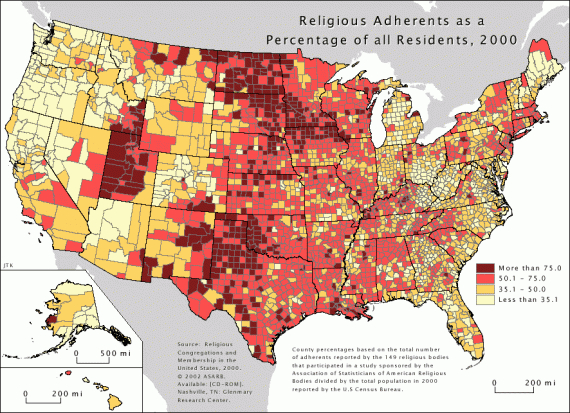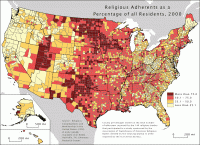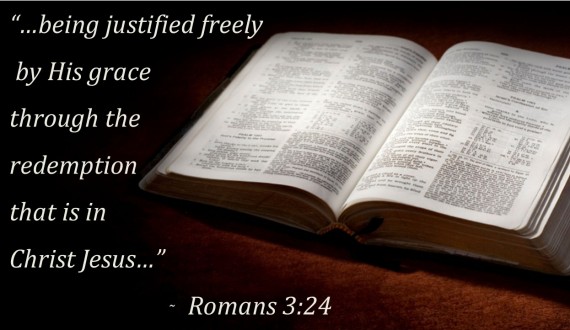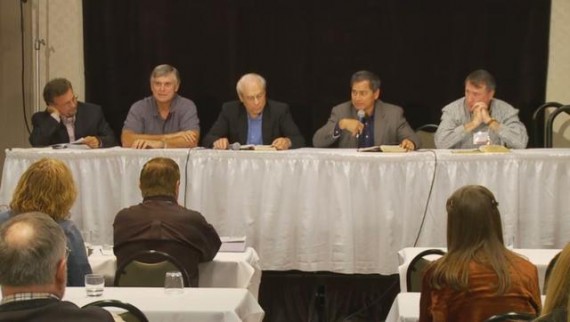 The previous post talked about how there are lots of church planting networks, but many of them are opposed to Free Grace Theology.
The previous post talked about how there are lots of church planting networks, but many of them are opposed to Free Grace Theology.
The question could be asked why we even need new churches.
Why we Need New Churches
Many believe that there are already too many churches and it is better to revitalize and support existing churches rather than plant new ones.
Here are one way of explaining it (I pulled this from ThinkChristian.net):
1. There are 195 million non-churched people in America, making America one of the top four largest “unchurched” nations in the world.
2. In spite of the rise of mega-churches, no county in America has a greater church population than it did ten years ago.
3. During the last ten years, combined communicant membership of all Protestant denominations declined by 9.5 percent (4,498,242), while the national population increased by 11.4 percent (24,153,000).
4. Each year 3,500 to 4,000 churches close their doors forever; yet only as many as 1,500 new churches are started.
5. There are now nearly 60 percent fewer churches per 10,000 persons than in 1920.
- In 1920 27 churches existed for every 10,000 Americans.
- In 1950 17 churches existed for every 10,000 Americans.
- In 1996 11 churches existed for every 10,000 Americans.
6. Today, of the approximately 350,000 churches in America, four out of five are either plateaued or declining.
7. American denomination recently found that 80% of its converts came to Christ in churches less than two years old.
8. Hence the claim of many leaders: “The single most effective evangelistic methodology under heaven is planting new churches” (Peter Wagner).
Just for fun, I found a quick map that gives a generalized picture of religious adherents in the US from 2000:

The map is from a page on Valparaiso University’s web site called American Ethnic Geography.
Population Growth is Outpacing Church Growth
There may be lots of churches today, but there are LOTS more people, and the number of churches per person is decreasing. Some might argue that this is because small churches are closing and the people are going to mega-churches, which is true. But it is becoming increasingly obvious that many mega-churches are not doing a better job than smaller churches of making disciples of the people who attend.
Most importantly, is that new church plants tend to be much more effective and efficient at reaching out to unbelievers. For this reason alone, we need to get involved in and excited about church planting.




 I have a heart that beats for church planting…I’m just not sure I’m cut out to be a church planter!
I have a heart that beats for church planting…I’m just not sure I’m cut out to be a church planter! 






 In light of my
In light of my  And so now, sadly, the unnamed authors of the accusatory books and articles make themselves look foolish because, for everybody who knows better, the view they are trying to refute doesn’t exist!
And so now, sadly, the unnamed authors of the accusatory books and articles make themselves look foolish because, for everybody who knows better, the view they are trying to refute doesn’t exist!